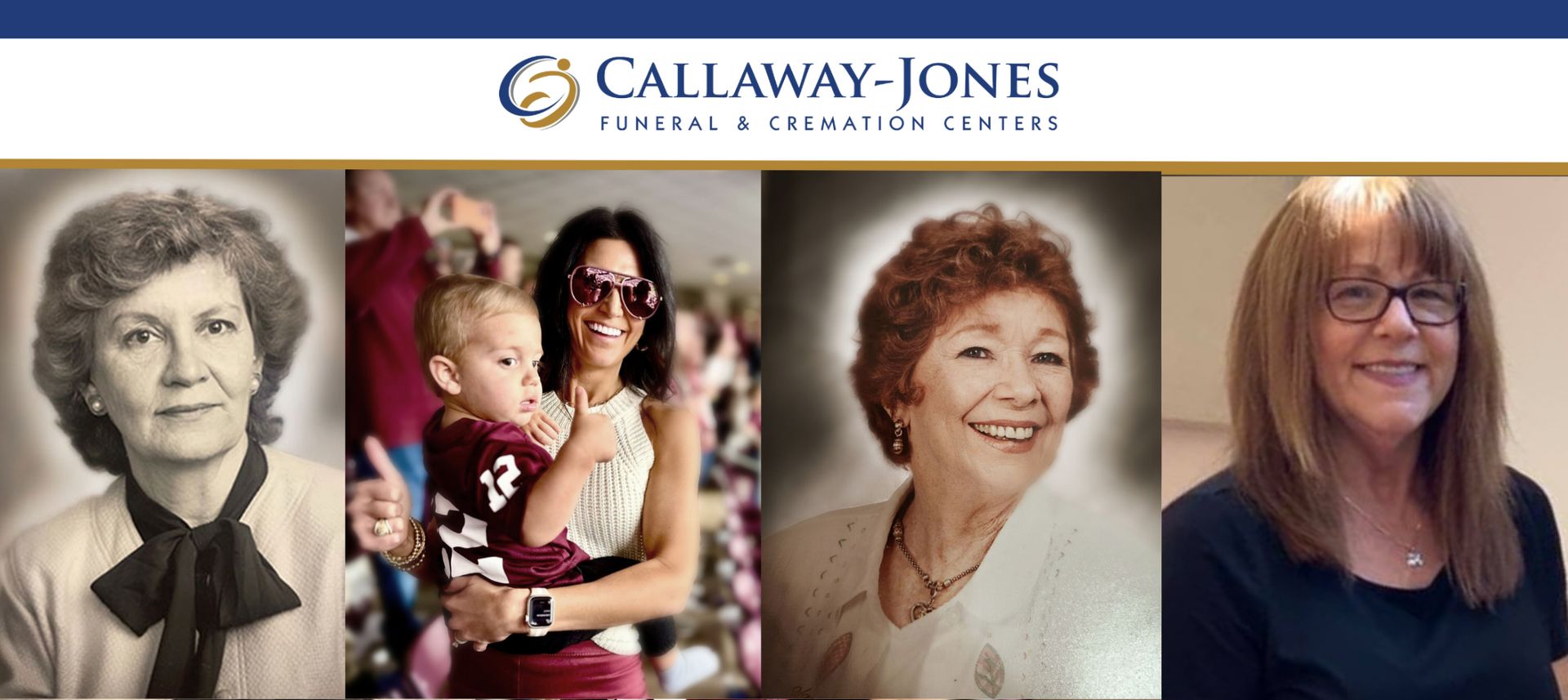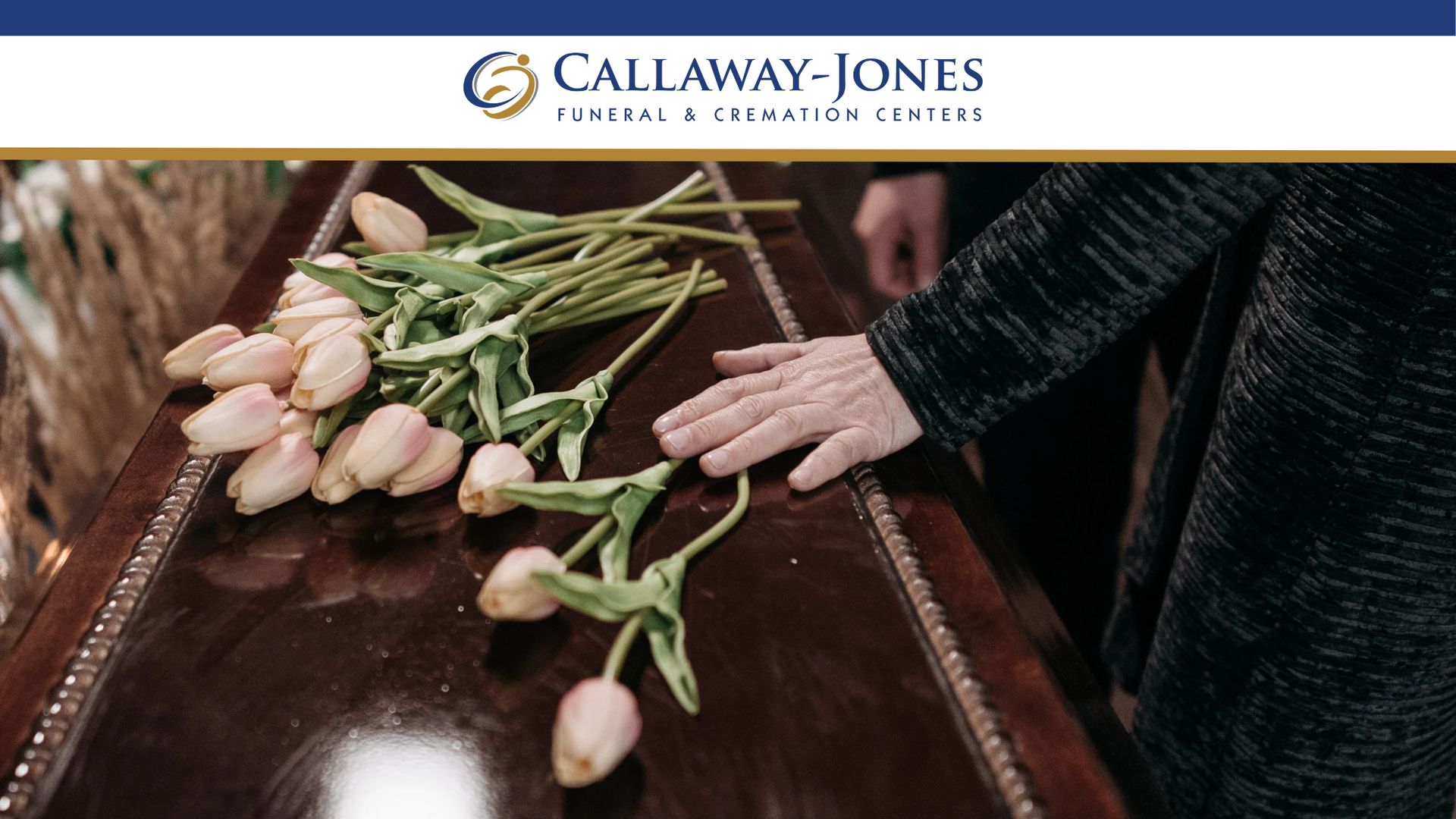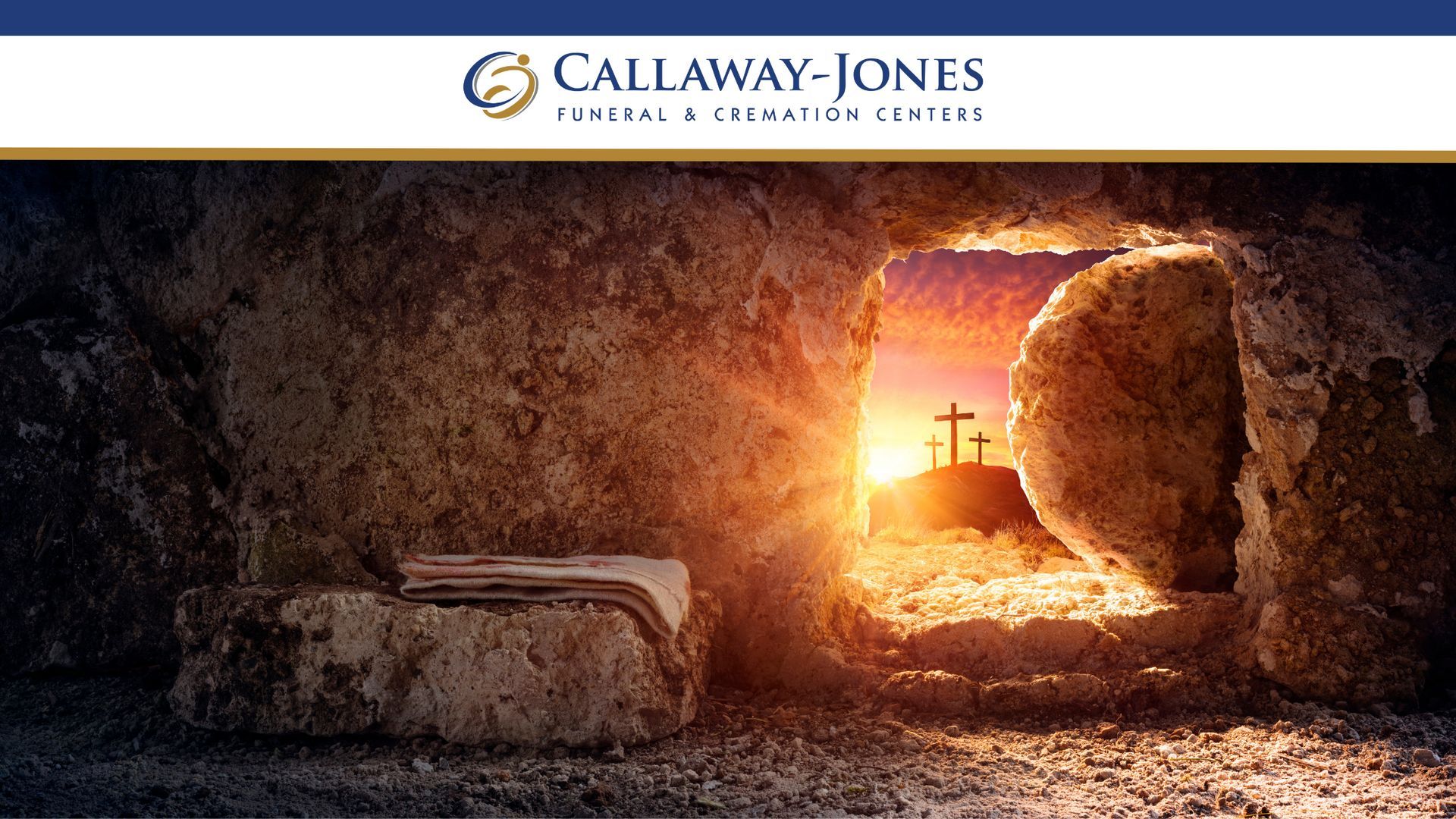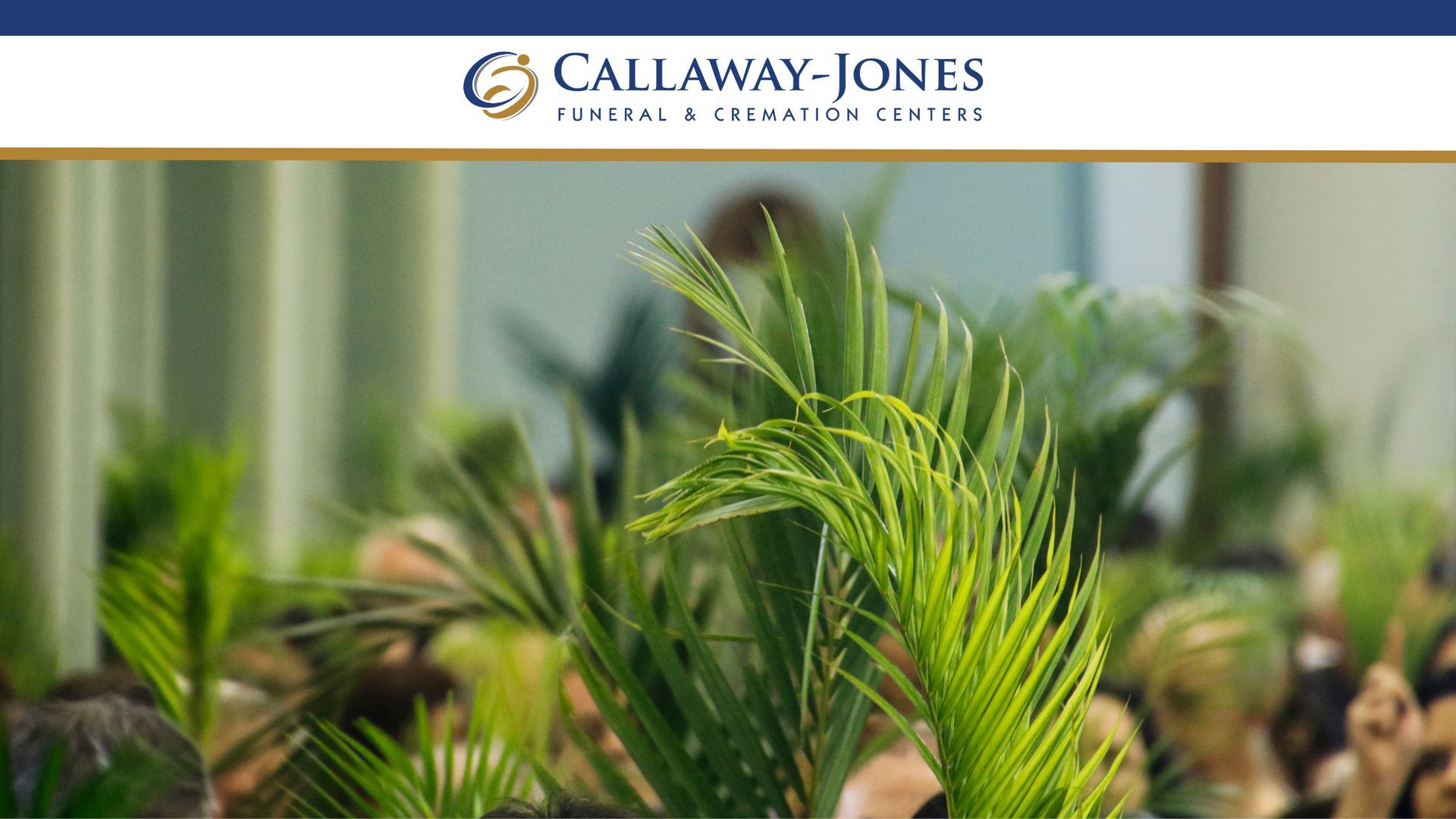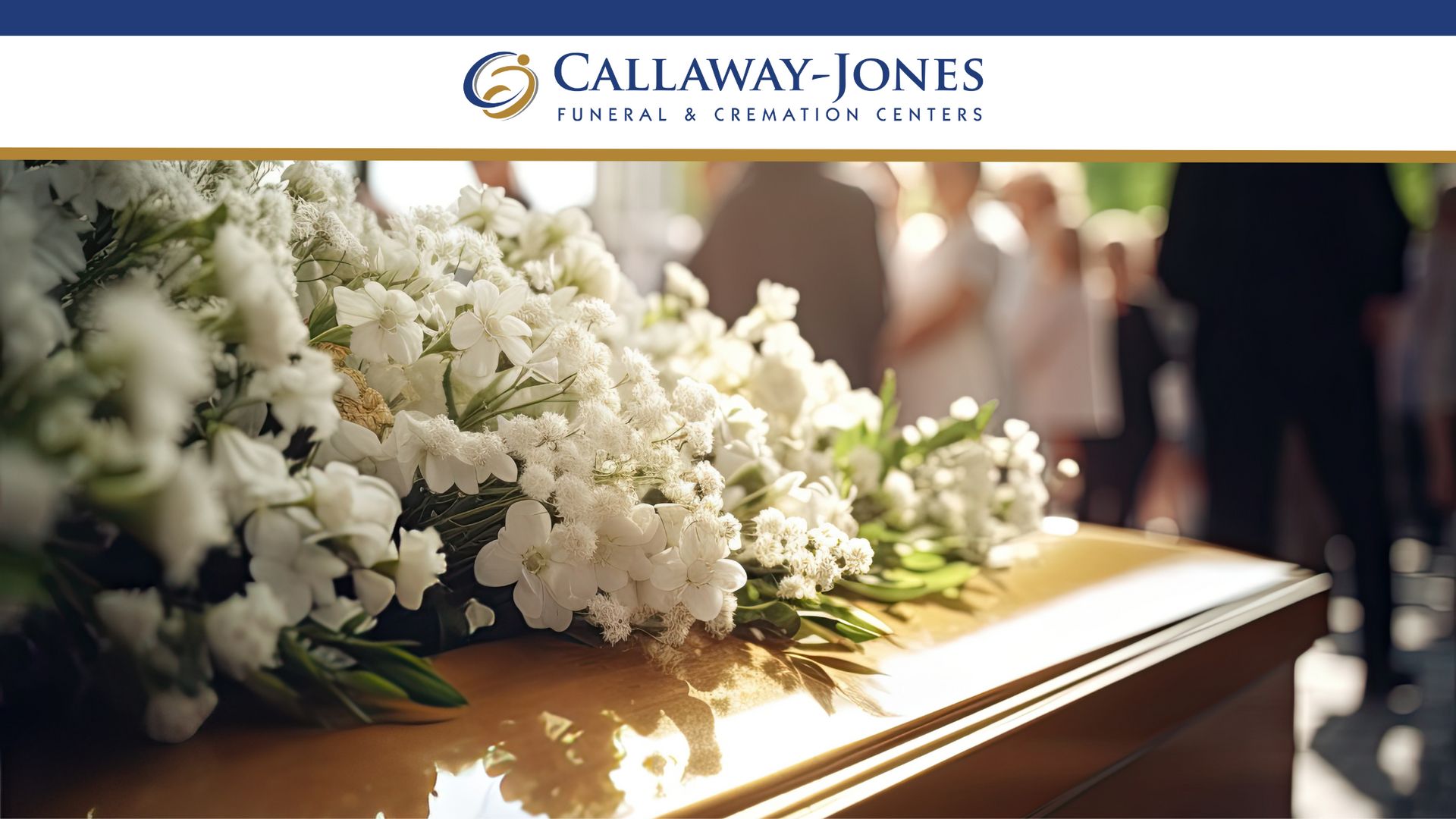What is an Ethical Will?
We are all familiar with traditional last wills and testaments as part of adult life where we make a list of our financial assets and then decide on how those assets should be distributed. With those kinds of documents, there is always a possibility for hurt feelings, anger, and dispute after a person has passed away. There is, however, a different type of will that is becoming popular in addition to the “standard” will. It is called an “ethical will, ” and it can be one of the best gifts you can give to your family who are with you today and ones still to arrive in future generations.
An ethical will is about crafting a message of who you are, who you have been in your lifetime, and what it is you want to say to people who are left to learn your words, either via written directions, audio, or video means. One source describes it as “a great way to ensure your wisdom, memories and messages are passed onto your loved ones.” Sound exciting? It is!
The ethical will is considered a final message of love to your family and friends—thanking them and acknowledging each of them for who they are and what their gifts of time and help have meant to you in your lifetime. They’re planned as gifts of your words to leave behind for the next generation and the ones that follow.
Think of it as a way as communicating who you are and what your life lessons have been, the areas where you believe you have been happiest, the people who have given you the most joy in your lifetime and let them hear from you themselves some of the things that there never seemed to be a right time to talk about. If you have business principles that had guided you, and you want future generations to know who you were and what you stood for, the ethical will is the place to share that.
Perhaps you have wishes for your grandchildren, or final words you want to leave with them, as they are very young and wouldn’t understand or appreciate them yet. Once you start working on this document, you may well wish to write even a longer document, or you may even be inclined to draft a book.
Whatever you decide, there are some things you can’t say to someone who has not even been born. So, in the event that you’d like to leave your future grandchildren or even great grandchildren a message, or your life story, or to share with them things you could never say while in this life, you might want to compose an ethical will.
Share your faith, your beliefs, things that you learned while in this life, and whatever you hoped for as a child that came true for you, and whatever you want to share. The AARP offers an article that might help you get started. Once you get started, who knows? You may just wind up with a book, after all!
Cody D. Jones ’02
Owner & Community Member




